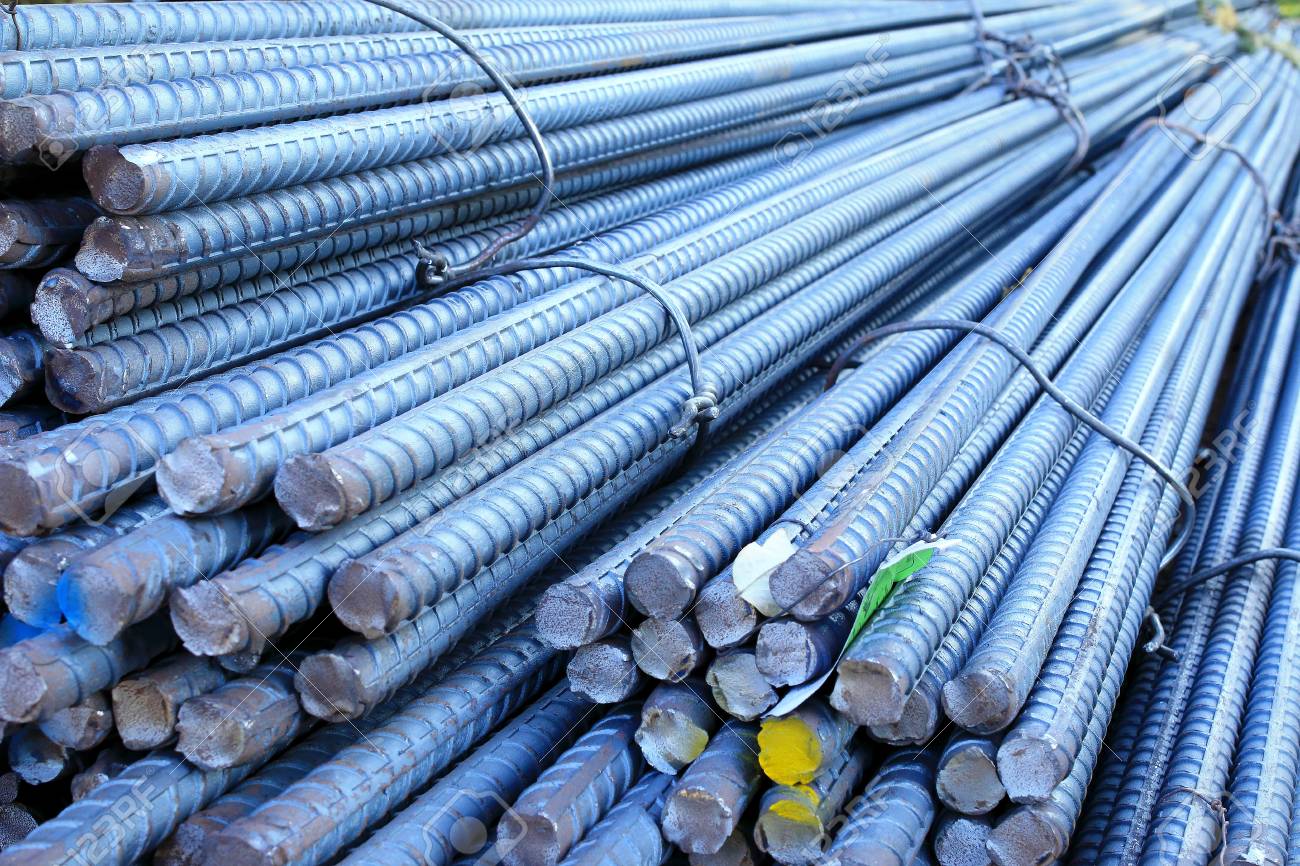Market participants were awaiting an update on the allocation of Turkish-origin rebar imports following the opening of European April-June import safeguard quotas, with volumes expected to exceed the country-specific quota because of strong demand.
Turkish rebar import volumes awaiting allocation at European ports stood at about 68,840 mt as of April 4, or 79.7% of Turkey-specific quota of 86,412 mt for April-June, according to data from the European Commission.
The quota is expected to fill up soon because of a shortage of long steel products in Europe amid the Russia-Ukraine war.
Some buyers in Europe might be willing to pay safeguard duties to receive Turkish rebar shipments, a European rebar buyer said.
The arrangement was, however, not workable for buyers in the Baltic region. “I hope that all cargo booked to Baltics will be cleared in such a way, that there will be less crowd on July 1,” the buyer said. Buyers in Europe need to pay 25% safeguard duty on cleared shipments that exceed country-specific quotas, according to the EU steel import safeguard policy.
Participants will have to wait until April 6 to get a better idea about the final allocation of Turkish-origin rebar import volumes, a EU rebar trader said. “[The volumes awaiting allocation] will quickly change,” the trader said.
The EC March 15 distributed the steel import quotas assigned to Russia to other countries, which fall under the EU safeguard quotas policy, following Russia’s military invasion of Ukraine. That boosted import quotas from countries, such as Turkey, India, and South Korea, of various steel product, including rebars, hot-rolled coil, plates, and wire rods.
Market sources have reported significant sales of rebars from Turkish mills to European destinations after the ban on Russian steel goods in March, and they expect the imported rebar volumes into Europe from Turkey to exceed the April-June quota.
S&P Global Commodity Insights assessed Turkish exported rebar at $955/mt FOB Turkey April 4, down $5/mt on the day. The index has risen $15/mt since March 14, a day prior to the EC’s ban Russian steel imports, and hit a record high of $970/mt FOB on March 24.
Sources in the European flats steel industry do not expect the allocation of imports to Europe to change much, as demand has been significantly met by domestic supply.
“I don’t think quota reallocations from Russia, or the refresh are going to make much of an impact on the domestic side,” a European flat steel trader said. “Everyone is focused on the short-term at the moment, so imports are not as attractive with longer lead times — there’s also a lot of uncertainty in the market generally so who can say if ordered material will even arrive, or if [domestic] prices will correct in the meantime.”
CRC imports show stronger volumes awaiting allocation
About 84,222 mt of Indian-origin hot-rolled coils imports awaited allocation as of April 4, amounting to 30.8% of India-specific 273,178 mt, the EC data showed. Turkish-origin HRC imports awaiting allocation were at 109,953 mt out of 430,246 mt.
Indian-origin cold-rolled coils awaiting allocation as of April 4 were at 90,659 mt, or 60.7% of India-specific quota of 149,296 mt.
S&P Global Platts assessed Northwest European hot-rolled coil stable at Eur1,390/mt ($1528.44/mt) ex-works Ruhr on April 4.
“The most interesting issue with imports is more to do with what isn’t under quota than what is,” a European mill source said. “A lot of Chinese slab is being imported into Italy by large re-rollers, driving up import trade, and isn’t subject to duties as a semi-finished product — it will be interesting to see if that remains the case or if there’s potential to destabilize the market.”
About 171,463 mt of Chinese-origin hot-dipped galvanized 4b were awaiting allocation as of April 4, exceeding China-specific quota of 117,372 mt.
S&P Global Platts assessed Northwest European hot-dipped galvanized down Eur10/mt at Eur1,540/mt ($1693.38/mt) ex-works Ruhr on March 30.
— Rabia Arif, Benjamin Steven






